7 start with I start with I
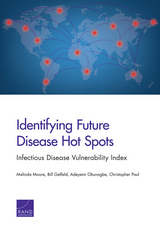

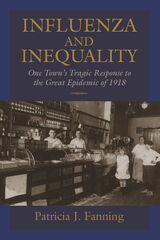
By 1918, Norwood was a small, ethnically diverse, industrialized, and stratified community. Ink, printing, and tanning factories were owned by wealthy families who lived privileged lives. These industries attracted immigrant laborers who made their homes in several ethnic neighborhoods and endured prejudice and discrimination at the hands of native residents. When the epidemic struck, the immigrant neighborhoods were most affected; a fact that played a significant role in the town's response—with tragic results.
This close analysis of one town's struggle illuminates how even well-intentioned elite groups may adopt and implement strategies that can exacerbate rather than relieve a medical crisis. It is a cautionary tale that demonstrates how social behavior can be a fundamental predictor of the epidemic curve, a community's response to crisis, and the consequences of those actions.
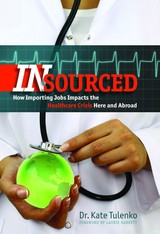
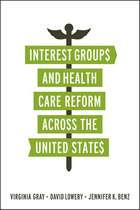
Universal health care was on the national political agenda for nearly a hundred years until a comprehensive (but not universal) health care reform bill supported by President Obama passed in 2010. The most common explanation for the failure of past reform efforts is that special interests were continually able to block reform by lobbying lawmakers. Yet, beginning in the 1970s, accelerating with the failure of the Clinton health care plan, and continuing through the passage of the Affordable Care Act in 2010, health policy reform was alive and well at the state level.
Interest Groups and Health Care Reform across the United States assesses the impact of interest groups to determine if collectively they are capable of shaping policy in their own interests or whether they influence policy only at the margins. What can this tell us about the true power of interest groups in this policy arena? The fact that state governments took action in health policy in spite of opposing interests, where the national government could not, offers a compelling puzzle that will be of special interest to scholars and students of public policy, health policy, and state politics.
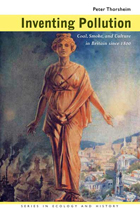
Britain's supremacy in the nineteenth century depended in large part on its vast deposits of coal. This coal not only powered steam engines in factories, ships, and railway locomotives but also warmed homes and cooked food. As coal consumption skyrocketed, the air in Britain's cities and towns became filled with ever-greater and denser clouds of smoke.
In this far-reaching study, Peter Thorsheim explains that, for much of the nineteenth century, few people in Britain even considered coal smoke to be pollution. To them, pollution meant miasma: invisible gases generated by decomposing plant and animal matter. Far from viewing coal smoke as pollution, most people considered smoke to be a valuable disinfectant, for its carbon and sulfur were thought capable of rendering miasma harmless.
Inventing Pollution examines the radically new understanding of pollution that emerged in the late nineteenth century, one that centered not on organic decay but on coal combustion. This change, as Peter Thorsheim argues, gave birth to the smoke-abatement movement and to new ways of thinking about the relationships among humanity, technology, and the environment.
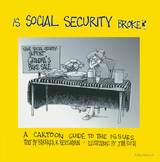
Barbara R. Bergmann is Professor Emerita, University of Maryland and The American University. Jim Bush is the editorial cartoonist for the Providence Journal.
READERS
Browse our collection.
PUBLISHERS
See BiblioVault's publisher services.
STUDENT SERVICES
Files for college accessibility offices.
UChicago Accessibility Resources
home | accessibility | search | about | contact us
BiblioVault ® 2001 - 2024
The University of Chicago Press









